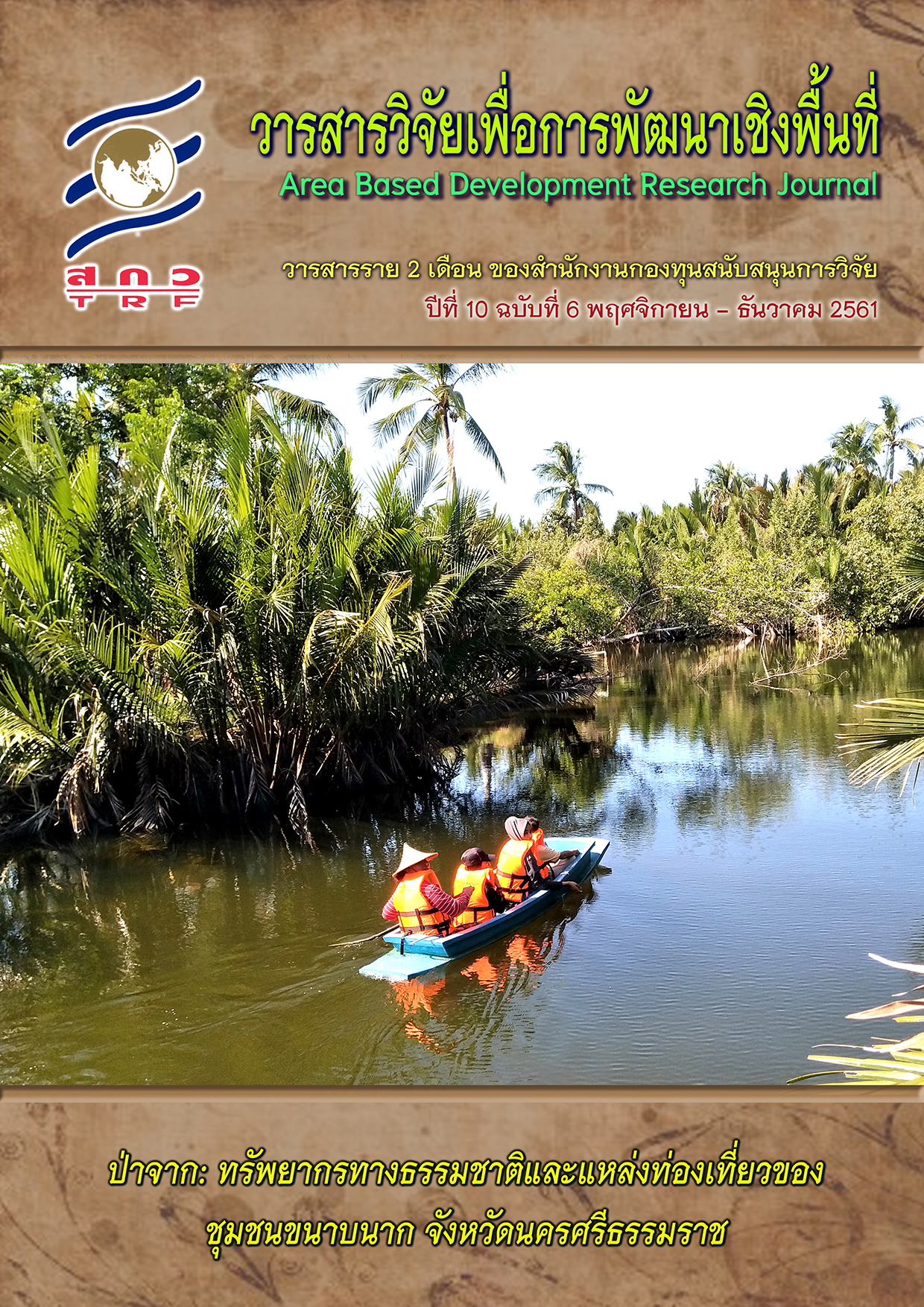Improving Marketing Outlets for Baan Thung-Khaam Pig Farms, Nan Province
Main Article Content
Abstract
A group of 15 farmers in the Baan Thung-Khaam, Nan province, raised 37 sows to produce piglets for fattening. Finishing pigs are traditionally sold to middlemen, who decide pricing and sometimes force the price down. Like most Thai smallholders, this group of pig producers did not have entrepreneurship skills or the possibility to process pork for high-value products. The farmers tried to market the fresh pork themselves, but due to a lack of basic marketing know-how they encountered problems such as how to sell fresh pork daily. A research team was formed which consisted of lecturers, a veterinarian, an animal husbandry technical officer and students from the School of Agricultural Resources, Chulalongkorn University. The objective of this study was to create additional marketing outlets for fresh pork produced by the Baan Thung-Khaam farmer group. At the request of the famers a study was initiated which focused on encouraging farmer participation and boosting their development. Various activities were conducted, such as data collection, farmer relationship management, focus group discussions, farm visits, improving butchering hygiene, buying new machines or equipment, organizing training courses for farmers to improve pork cutting skills, establishing a community enterprise of swine farmers and brand development. After improving product quality, hygiene and processing, the group was able to sell fresh pork and other products to the provincial hospital and other new customers. “Moo Yim Thung-Khaam” or “smiling pig of Thung-Khaam” became the brand name for the farmer group and it has allowed customer recognition of the products. The farmer group was organized into a small community enterprise. This project had an impact on the socio-economics of the farmers and the community. Farmers earned more income from pig production. Development networking was established and young farmers started to participate in the group.
Article Details
Area Based Development Research Journal values copyright protection and licensing to safeguard author rights and facilitate the appropriate dissemination of research. Our policies ensure openness, accessibility, and attribution. Authors retain copyright ownership, and articles are published under a Creative Commons Attribution License (CC BY), allowing sharing, adaptation, and proper attribution. Authors have the freedom to publish under the CC BY license, granting broad reuse and distribution permissions. The journal supports posting articles on third-party repositories, adhering to institutional and funding restrictions. Author guidelines detail copyright and licensing requirements, empowering authors with knowledge about their rights and responsibilities. These policies cultivate an environment of collaboration, openness, and responsible sharing, benefiting authors and the research community while honoring intellectual property rights.


